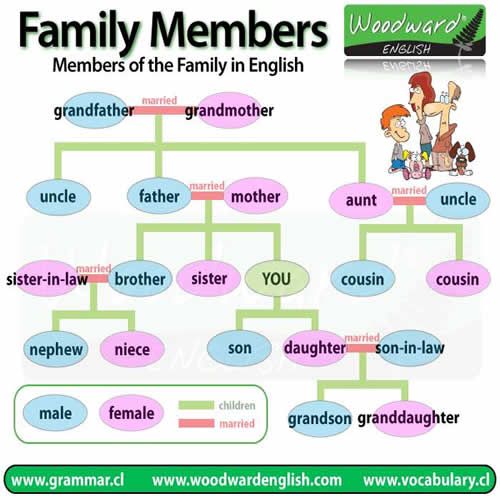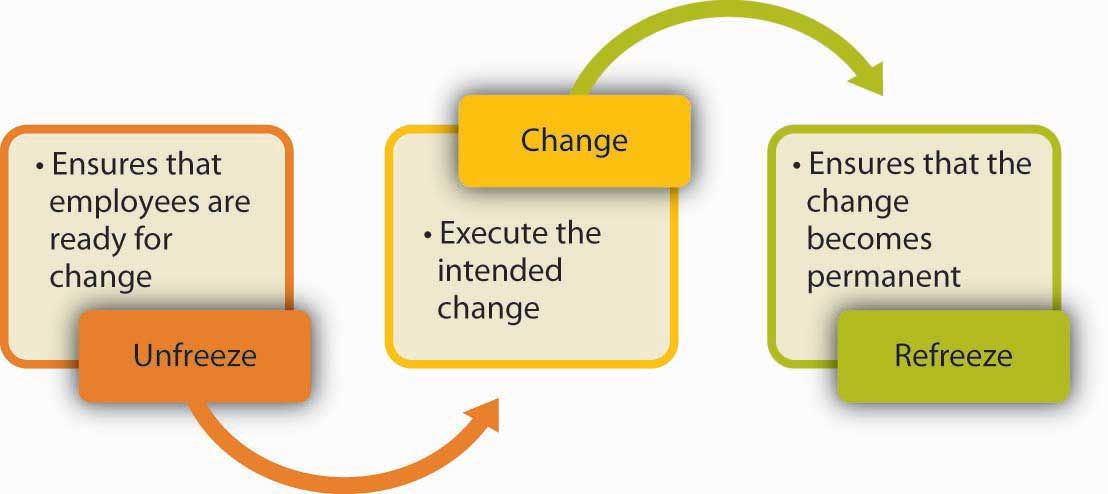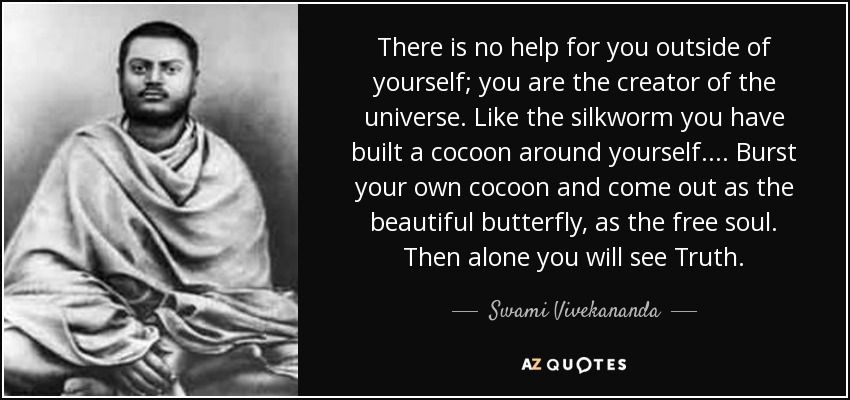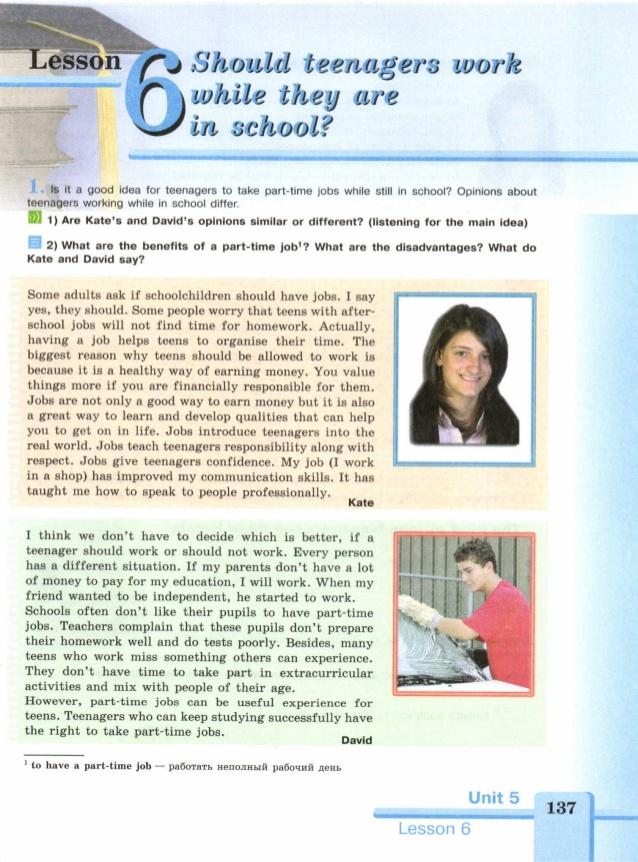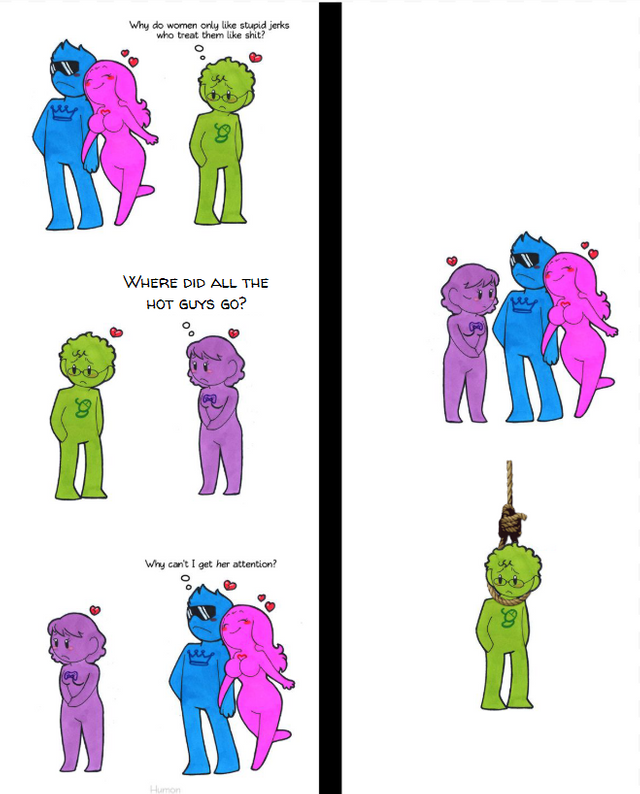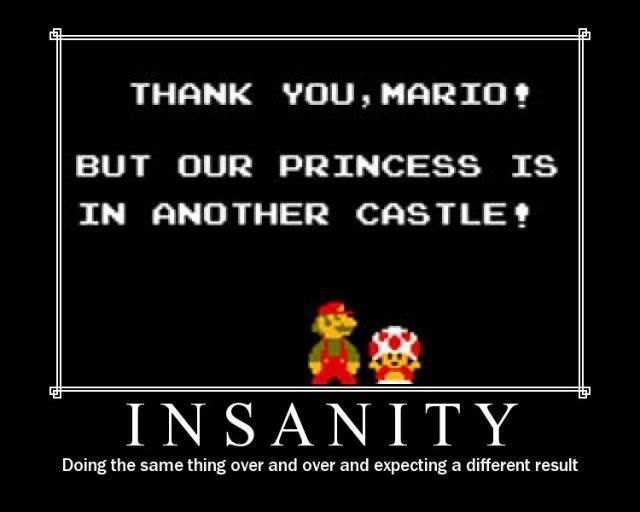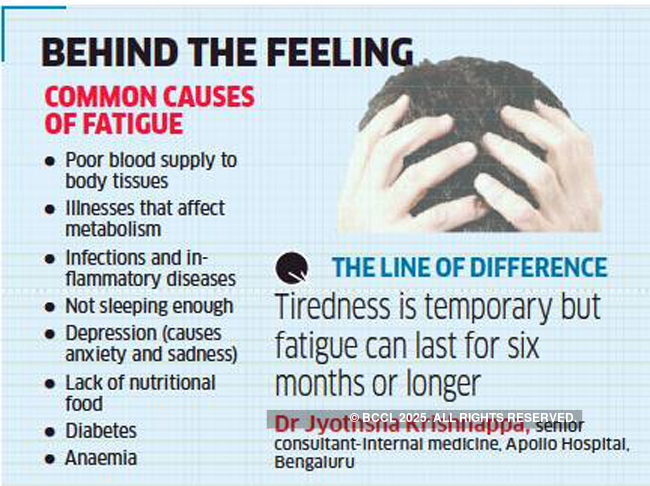Cutting ties with toxic family members
Its Okay to Cut Ties with Toxic Family Members
Would your life be happier, healthier, and more peaceful without certain people in it?
Its never easy to cut someone out of your life. And when it comes to family, its especially hard to accept that a family member is creating so much stress, anxiety, and pain that you cant continue to have a relationship with them.
This post is for all of you who are struggling to decide whether to continue a relationship with a difficult or toxic family member. Youre repeatedly hurt by this person, have tried tirelessly to repair the relationship, feel frustrated that nothing seems to change (at least for very long), you dont want to give up, but you dont know how to move forward in a way that respects and nurtures yourself.
This is a tough question and I dont have a one-size-fits-all answer. Consider the list of toxic behaviors below and how often you experience these issues with the family member in question.
Toxic people disrupt your life and other relationships with behaviors such as these:
- Lying
- Blaming
- Criticizing
- Manipulating
- Overreacting
- Invalidating or ignoring your feelings
- Undermining your relationship with your spouse, kids, or other relatives
- Creating drama or crises
- Passive-aggressive behavior (such as the silent treatment, deliberate procrastination, or criticism disguised as a compliment)
- Gaslighting (a powerful form of manipulation that makes you doubt your perception of whats going on)
- Refusing to compromise
- Yelling, cursing, or calling you names
- Belittling your values, beliefs, choices
- Gossiping or speaking ill of you behind your back
- Making unreasonable demands
- Expecting you to help them, but they arent available to help you
- Threatening suicide or self-harm in order to get their way
- Ruining holidays and special occasions
- Playing the victim
- Not taking responsibility for their own behavior
- Refusing to apologize and if they do, its shallow, coerced, or fake
- Lacking genuine concern or interest in you and your life
- Volatile or unpredictable moods and behaviors
- Creating so much stress, anxiety, and pain that your health, ability to work, or general wellbeing are negatively impacted
- Interacting with them makes you feel worse
- They are always right (and you are always wrong)
People can change, but toxic people rarely do. They lack self-awareness and dont take responsibility for their actions. And since they dont see how their behavior hurts you, they refuse to change. Instead, they blame you and expect you to cater to their demands.
I think we can all agree that no one deserves to be abused. So, why do we give our family members a free pass? Why do we think we should tolerate such hurtful behavior from them?
- We dont see their behavior as abusive. Certainly, we know its painful, but we minimize it and make excuses. We hesitate to call it emotional abuse even though it clearly meets the criteria.
- Guilt. Family relationships are full of expectations were supposed to take care of our aging parents, get along with our siblings, spend the holidays together, respect our elders, keep the peace, sacrifice ourselves to make others happy, and so forth. So, if you break from any of these expectations (cutting off contact with your family being the biggest wrongdoing in their book), youre likely to feel guilty or like youre doing something wrong.
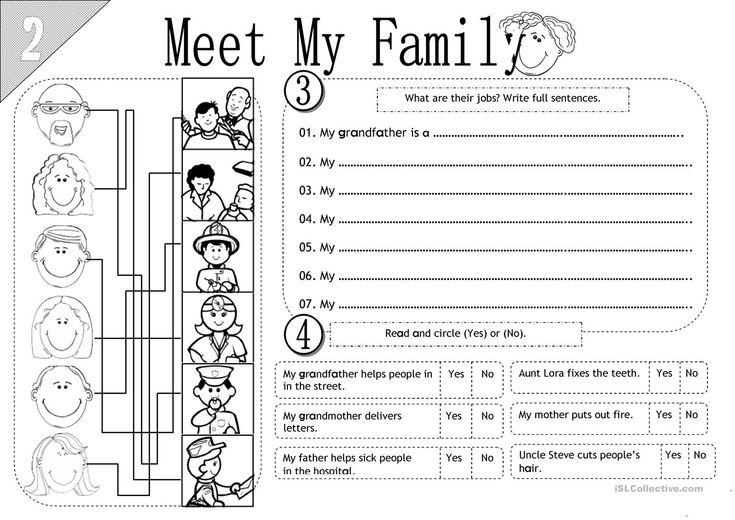 Its essential that you realize that these expectations only make sense if you have a healthy family. Theyre unfair, unrealistic, and harmful if you have toxic family members. It is not wrong, mean, or selfish to protect your wellbeing and sometimes the only way to do this is by distancing yourself from toxic people.
Its essential that you realize that these expectations only make sense if you have a healthy family. Theyre unfair, unrealistic, and harmful if you have toxic family members. It is not wrong, mean, or selfish to protect your wellbeing and sometimes the only way to do this is by distancing yourself from toxic people. - Family loyalty. You were probably primed to feel guilty by being taught that family loyalty is a virtue that you should be unequivocally committed to your family no matter what. Healthy closeness includes mutual respect and care; it respects individuality and your right to think and feel differently than your family. But loyalty is often used to try to control family members who are exerting their independence and speaking out against abuse.
- Fear. Its understandable that fear keeps many of us in dysfunctional relationships. Ending a relationship is a big change and no one knows exactly how it will play out. Its always easier to keep doing what youve always done, even if its not good for you.
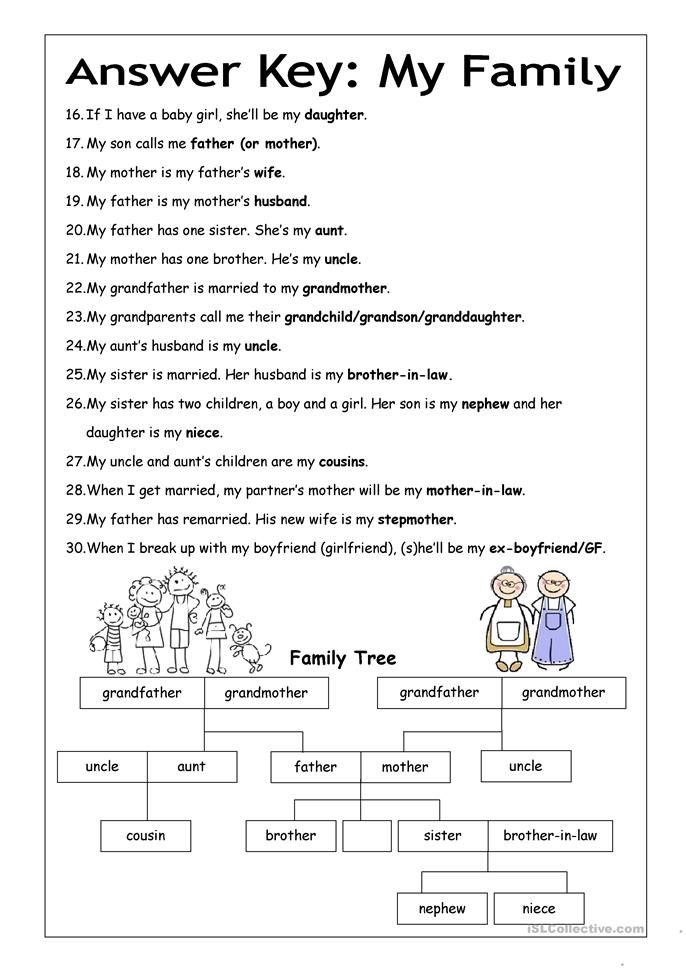 But that doesnt mean you cant overcome your fears and solve any challenges that crop up. Give yourself time, compassion, and build a support system
But that doesnt mean you cant overcome your fears and solve any challenges that crop up. Give yourself time, compassion, and build a support system - Love. Perhaps the biggest obstacle of all is that you genuinely love your family, despite all the pain and problems theyve caused. Perhaps you want to help or take care of them or perhaps you shared good times and happy memories in the past. But, as we all know, love isnt enough to make a relationship work whether its a romantic relationship, friendship or parent-child relationship. Cutting ties may feel unloving to your family, but it doesnt mean you have stopped loving them. Sometimes we love people, but cant have a relationship with them.
It sucks to have to choose between yourself and your family members. It really does. But this is the reality. Remaining in a relationship with a toxic person is potentially harmful to your emotional and physical health and relationships (and may negatively affect your spouse and children, too).
The bottom line is that for many people, the only way to heal is to remove yourself from the abusive relationship. How can you heal if you continue to be abused?
- Acknowledge that its abusive. You need to stop minimizing and denying the harm that your family member has caused.
- Give up the fantasy that they will change.
- Grieve the loss of having the kind of relationship you wanted with this person. Grieve the loss of having the parent/sibling/grandparent that you needed and deserved.
- Get support from a therapist, support group or 12-step group, or friend whos experienced similar issues with their family. (Unfortunately, many friends mean well, but dont get it and inadvertently add to our shame and guilt with judgmental comments or unrealistic expectations.)
Its okay to not be ready. You shouldnt be pressured into making a decision. Most people who cut ties, do so as the last resort. They come to this decision gradually over years of fits and starts.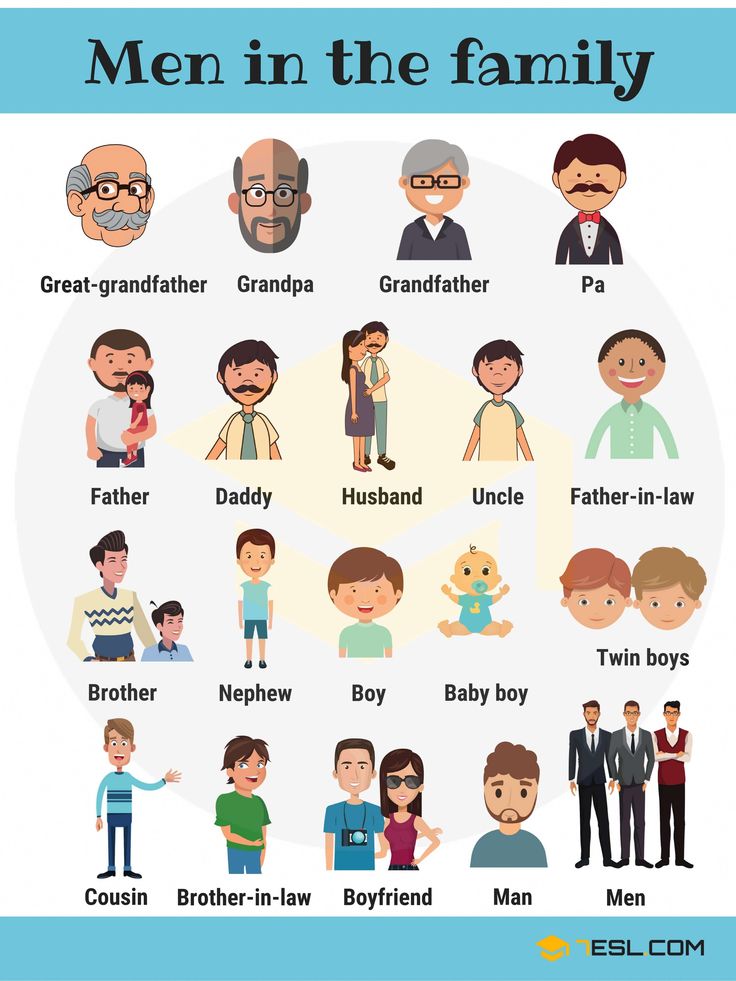 They cut off ties and then reconnect. They set boundaries and make themselves less available. Things calm down and they feel better, only to have problems escalate again. This is common!
They cut off ties and then reconnect. They set boundaries and make themselves less available. Things calm down and they feel better, only to have problems escalate again. This is common!
There is no right way to deal with a toxic family member. Only you can decide how much contact is right for you. And you will know if and when you need to walk away in order to save yourself. Just know that its okay to end a toxic relationship even with a family member.
2019 Sharon Martin, LCSW. All rights reserved. Originally published on the author’s website. Photo byMarc SchaeferonUnsplash
Toxic Family Members: How to Cope After Cutting Them Off
BOUNDARIES 101
You may experience grief, guilt, relief, or a combination of the three.
By Sara Radin
Getty Images
Exercising boundaries with toxic family members is no easy feat.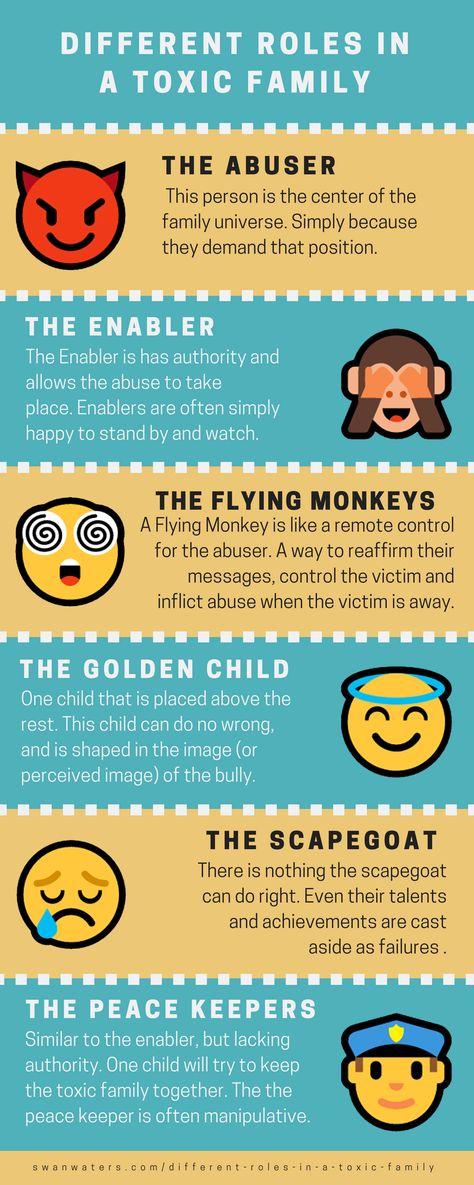 In fact, there may come a time when your efforts to set better boundaries with a toxic family member are met with so much resistance that it can negatively affect your life in other ways, by compromising your mental health or taking your energy away from your work or other relationships. In such cases, it may be in your best interest to sever ties with the individual.
In fact, there may come a time when your efforts to set better boundaries with a toxic family member are met with so much resistance that it can negatively affect your life in other ways, by compromising your mental health or taking your energy away from your work or other relationships. In such cases, it may be in your best interest to sever ties with the individual.
While going about the process of cutting someone off may seem overwhelming or scary, there are healthy ways to do it (and no, ghosting is not one of those ways, as it can cause miscommunication and often make it seem as if the door is still open for contact) that may even help you gain closure on the situation. It can be difficult to cut out a family member with whom you have a tough relationship with, but in the long run, it can sometimes be the best thing for you — or even for both of you.
Deciding when it’s time to sever ties“In my clinical practice, people who cut off toxic family members often do so because the family member is not able to take responsibility for their behavior, gaslights and blames others whenever conflict arises, and is physically and/or emotionally abusive,” says Juli Fraga, a licensed psychologist based in San Francisco who focuses on women’s health and wellness.
“Cutting off a toxic family is rarely an easy, clear-cut decision,” says Carlene MacMillan, a psychiatrist and the founder and clinic director of Brooklyn Minds Psychiatry. With this in mind, if you are considering cutting off a family member, she recommends getting at least one outside perspective from someone such as a therapist, a group therapy support group, or another neutral party, such as an honest friend who is not involved in the situation.
MacMillan explains that another way to assess whether it may be time to sever ties is by paying attention to conversations with other people in your life. Try to notice if they repeatedly express disbelief that you are still interacting with the family member in question and start distancing themselves from you or change the subject when that person comes up in conversation.
Figuring out how to break the newsIt’s important to recognize that the way you go about ending a relationship can be incredibly personal since every situation is different, explains Fraga.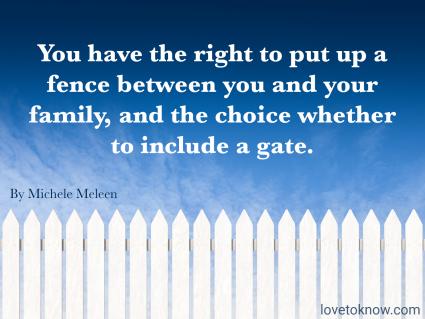 There are plenty of ways to go about cutting off communication, depending on why you feel the need, and no one way is “the right way” — though it may feel like there’s a right way for you. “Some people set a boundary and let the family member know they're severing ties and why, but with distant family members, like aunts, uncles, or those that you may only see once a year, people may not choose to be as explicit,” she explains.
There are plenty of ways to go about cutting off communication, depending on why you feel the need, and no one way is “the right way” — though it may feel like there’s a right way for you. “Some people set a boundary and let the family member know they're severing ties and why, but with distant family members, like aunts, uncles, or those that you may only see once a year, people may not choose to be as explicit,” she explains.
MacMillan recommends being deliberate about the decision by stating your intentions and making sure you stick to them. “Don’t just mysteriously stop returning the family member's calls; express to this family member that the relationship is not serving either of you well at this time and you will be distancing yourself,” she advises. Moreover, she says you can also tell the person that you may re-evaluate in a certain period of time, or if the situation is indefinite.
“Once you have broadcast your intentions to set this boundary, if they do not respect it, do not engage with their ongoing toxic behavior and drama,” offers MacMillan.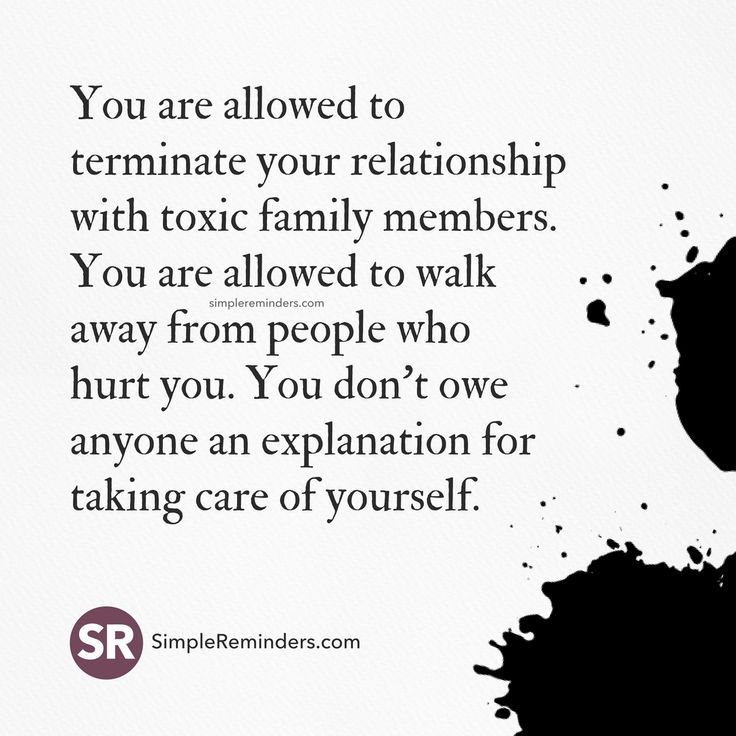 This is where doing things like blocking a number, unfollowing or muting someone on social media, and setting filters on your email so messages don’t show up in your inbox may become necessary in order to maintain one’s privacy and sanity. In extreme cases, you may even decide to pursue legal action and seek an order of protection.
This is where doing things like blocking a number, unfollowing or muting someone on social media, and setting filters on your email so messages don’t show up in your inbox may become necessary in order to maintain one’s privacy and sanity. In extreme cases, you may even decide to pursue legal action and seek an order of protection.
You may not want to drag other family members or friends into the situation or force them to choose sides. However, MacMillan says you may want to tell some key mutual connections that you have made a decision to distance yourself and that you would appreciate it if they did not share aspects of your life with the toxic family member, or alternatively, update you about the toxic person unless you specifically request or give permission to do so.
Dealing with emotions you may feelWhen you cut off a toxic family member, things may get worse before they get better, asserts MacMillan. Often, the news is received with volatility.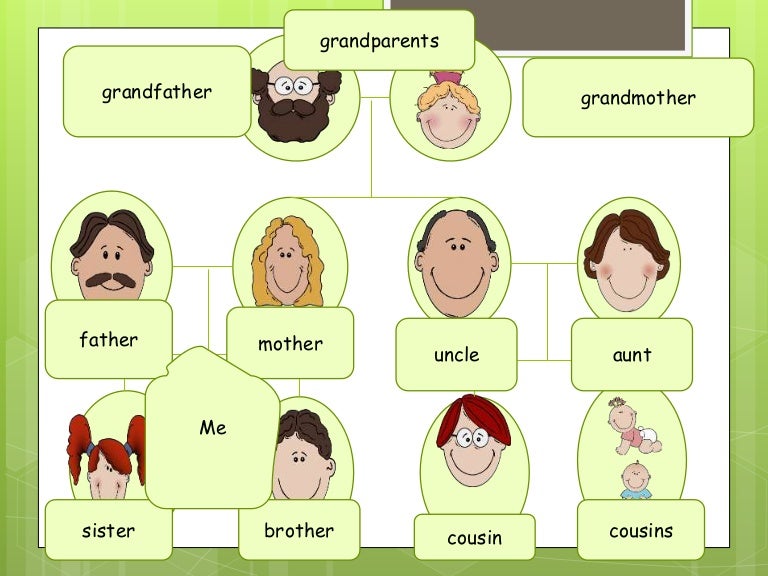 In those cases, she says you can sometimes “expect multiple phone calls, emails, or text messages that can span from begging for forgiveness to downright hostile and frightening displays.” Anticipating this behavior and staying strong so as not to reinforce it by not engaging is crucial, since intermittently responding to someone’s attention can send mixed signals.
In those cases, she says you can sometimes “expect multiple phone calls, emails, or text messages that can span from begging for forgiveness to downright hostile and frightening displays.” Anticipating this behavior and staying strong so as not to reinforce it by not engaging is crucial, since intermittently responding to someone’s attention can send mixed signals.
You may feel guilty, relieved, or both, according to Fraga. “Feelings of sadness can set in, as well as grief, as you realize that your family member will never be the kind of support person or relative that you need,” she tells Allure. You might also feel regret or doubt your decision. Realizing we can’t change the behavior of others can be jarring, especially when we expect cutting off a family member to remove the painful feelings interacting with that person brings. Experiencing a mixture of all these things combined is common.
Most Popular
Feeling lonely after cutting someone off is also common, and the same patterns of communication could come up in other areas and relationships in your life. “Without a safe space, such as therapy, to explore and identify these dynamics and feelings, one may unknowingly repeat these family dynamics in other relationships,” explains Fraga. While the family member who has been cut off may feel a mix of rejection, confusion, and helplessness, the person who severed ties will need to come to terms with both the hurtful things the family member has done and the needs that weren’t met in the relationship. This includes things like praise, unconditional love and support, and empathy, which could be lacking in other relationships.
“Without a safe space, such as therapy, to explore and identify these dynamics and feelings, one may unknowingly repeat these family dynamics in other relationships,” explains Fraga. While the family member who has been cut off may feel a mix of rejection, confusion, and helplessness, the person who severed ties will need to come to terms with both the hurtful things the family member has done and the needs that weren’t met in the relationship. This includes things like praise, unconditional love and support, and empathy, which could be lacking in other relationships.
In some cases, cutting someone off might not be feasible. “While cutting someone out of one’s life is not always possible, creating solid emotional boundaries is,” says MacMillan. “Information should be exchanged on a need-to-know, factual basis and a third-party individual, which may be another family member, attorney, or trusted friend can serve as a communication buffer whenever possible.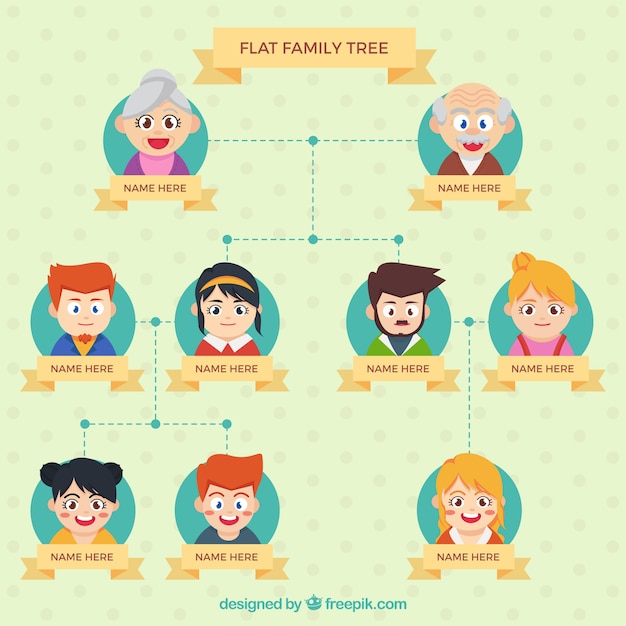 ” She recommends imagining your inner emotional life as a castle; boundaries serve as a moat around the castle, and sometimes, you need others to help guard it, as well.
” She recommends imagining your inner emotional life as a castle; boundaries serve as a moat around the castle, and sometimes, you need others to help guard it, as well.
When communicating with the person, MacMillan says to keep digital correspondence focused on facts only and to not send messages when you’re feeling angry or any other intense emotions. “Definitely don’t communicate while under the influence of alcohol or drugs. Sleep on it. Have a trusted friend look it over and suggest edits before hitting that send button,” she advises. She also says to keep in mind that they may take what you have written and show it to others out of context. “If there are legal concerns, such as shared custody of children, attorneys can send or edit a lot of the communication and whatever you do, don’t put vague status updates on social media that allude to problems with certain family members.” Always take the high road when communicating.
Grieving a relationship with a family memberGaining closure from severing ties with a family member can be hard.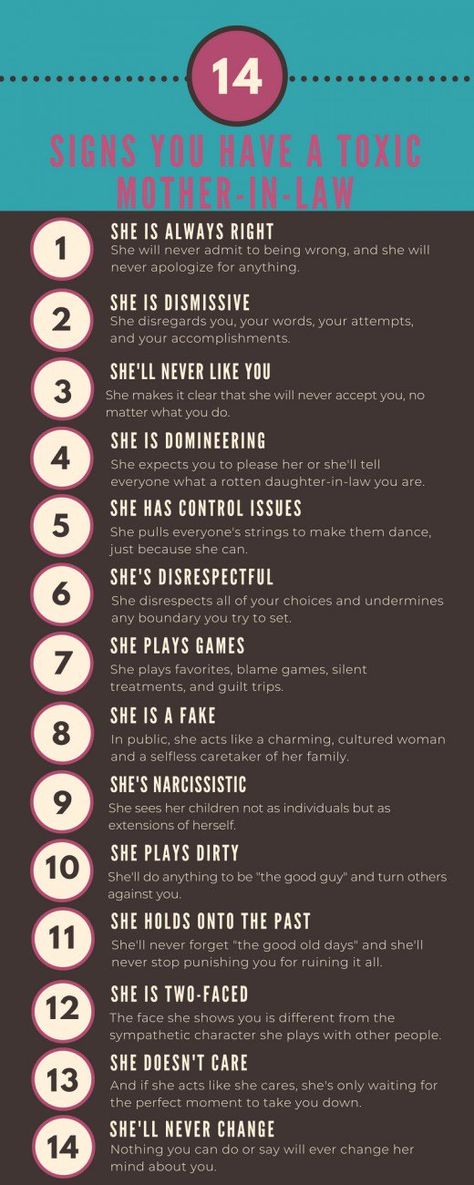 “There can be a real grieving process when cutting off a toxic family member,” says MacMillan. “Grief that the relationship is not working, especially if it once did. Recognizing this process takes time and cutting yourself a little slack when it comes to self-judgment is key.”
“There can be a real grieving process when cutting off a toxic family member,” says MacMillan. “Grief that the relationship is not working, especially if it once did. Recognizing this process takes time and cutting yourself a little slack when it comes to self-judgment is key.”
Most Popular
While halting communication may be warranted, for it to truly be healing, it’s important to explore the emotions that come up for you during the process, as well as why it felt so necessary to do. When family relationships fail us, old emotional wounds from our childhoods may open back up according to Fraga. “Even in our adult lives, these wounds can unknowingly inform how we attach to others and the types of friendships/relationships we choose.” This is why self-care is absolutely crucial when grieving the loss of a relationship with a family member, including going to therapy, finding support with friends and loved ones, journaling, engaging in meditation or soothing mantras, and practicing self-compassion — whatever works best for you.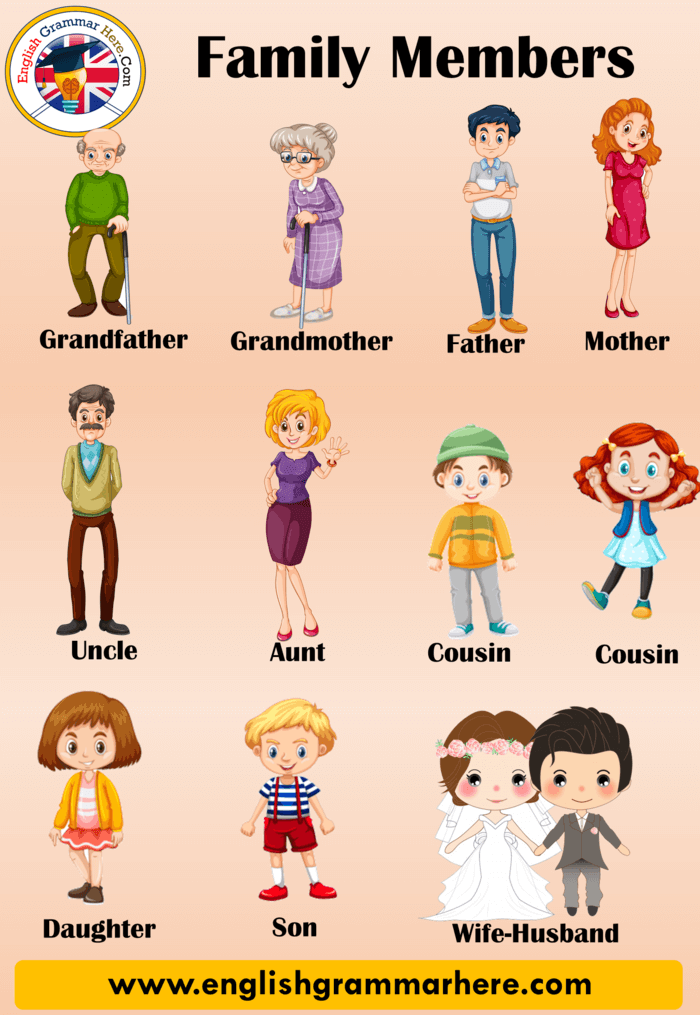
“Getting plenty of sleep, exercising, and eating regularly are also important from a self-care perspective,” says MacMillan. “Focusing on yourself and what you can do to make your life look more like what you want it to is healthier than tearing up family photographs or posting vague passive-aggressive rants on social media that the rest of your family will see.” Focusing on your internal work will help you through this tough time.
Another important thing to practice is acceptance of the situation. “Chances are there are some positive memories and aspects of the toxic person that still exist,” says MacMillan, comparing the loss to that of a romantic breakup. “Ending a complicated family relationship can look and feel pretty messy for a while. It may be tempting to characterize the toxic family member as a villain and to dismiss them, but usually this oversimplified perspective won’t hold up over time.”
With this, she says to try and remember that your family member is a complex human with vulnerabilities — and you are, too.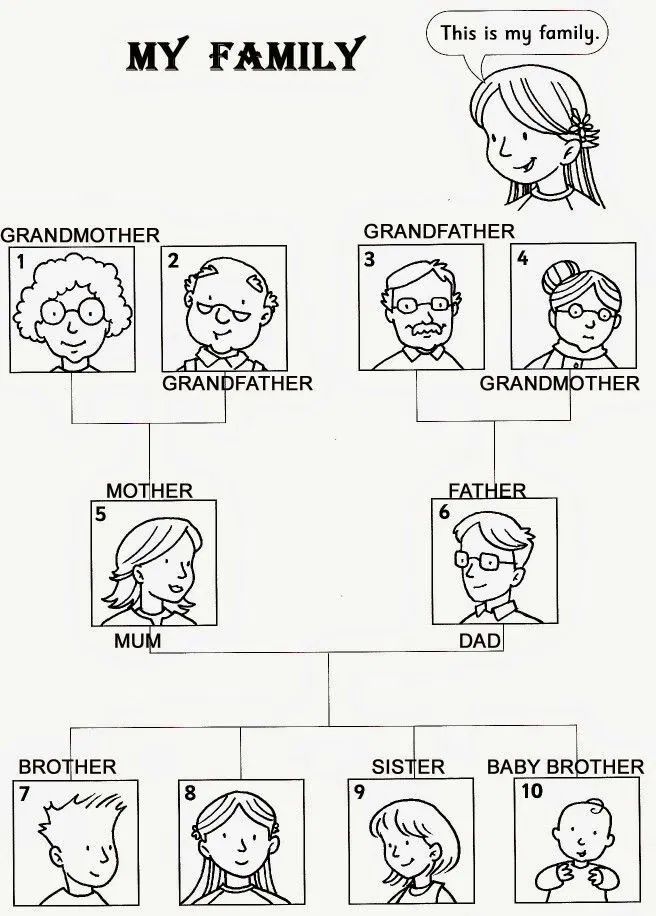 Ultimately, it’s important to practice self-compassion and accept that you need a break from this person.
Ultimately, it’s important to practice self-compassion and accept that you need a break from this person.
Read more about boundaries:
The Importance of Creating Communication Boundaries With Friends Right Now
How to Make (and Maintain) Healthy Sexual Boundaries
After Social Distancing Is Over, We'll Still Need Our Personal Space
Now, watch Hunter Schafer draw her truck, her favorite beauty product, and more:
Don't forget to follow Allure on Instagram and Twitter.
Sara’s cultural reporting and personal essays have been published by outlets including The New York Times, Vogue, InStyle, Glamour, Self, Allure, Condé Nast Traveler, Refinery29, Buzzfeed, MTV News, VICE, Bustle, i-D Magazine, Dazed, and several more. Formerly a features editor at Teen Vogue, her work addresses style, culture, identity, and mental... Read more
Keywordsrelationshipsmental healthwellnessanxietyfamilyBoundariestherapy
Read MoreHow to break off relations with toxic relatives - Big City
The MiF publishing house published the book “Toxic Relatives. How to Stop Their Influence on Your Life and Save Yourself" by clinical psychologist Sherry Campbell. The author talks about various cases of toxicity and even cruelty - from parents in relation to children and vice versa, brothers and sisters, grandparents. Campbell also explains how to resist manipulation, fight back aggression and restore relationships in the family. But sometimes attempts to understand and establish contact do not work, and communication with relatives brings only suffering. In this case, it remains only to break contact with toxic relatives. We publish fragments on how to do it right and why you should not blame yourself for such a decision. nine0003
How to Stop Their Influence on Your Life and Save Yourself" by clinical psychologist Sherry Campbell. The author talks about various cases of toxicity and even cruelty - from parents in relation to children and vice versa, brothers and sisters, grandparents. Campbell also explains how to resist manipulation, fight back aggression and restore relationships in the family. But sometimes attempts to understand and establish contact do not work, and communication with relatives brings only suffering. In this case, it remains only to break contact with toxic relatives. We publish fragments on how to do it right and why you should not blame yourself for such a decision. nine0003
Breaking contact
The decision to cut contact with toxic relatives is not born out of anger, cruelty or negativity. We decide not to associate with them not because we don't like them. The only way to change our toxic relatives for the better is to force them to face the logical and natural consequences of their own behavior.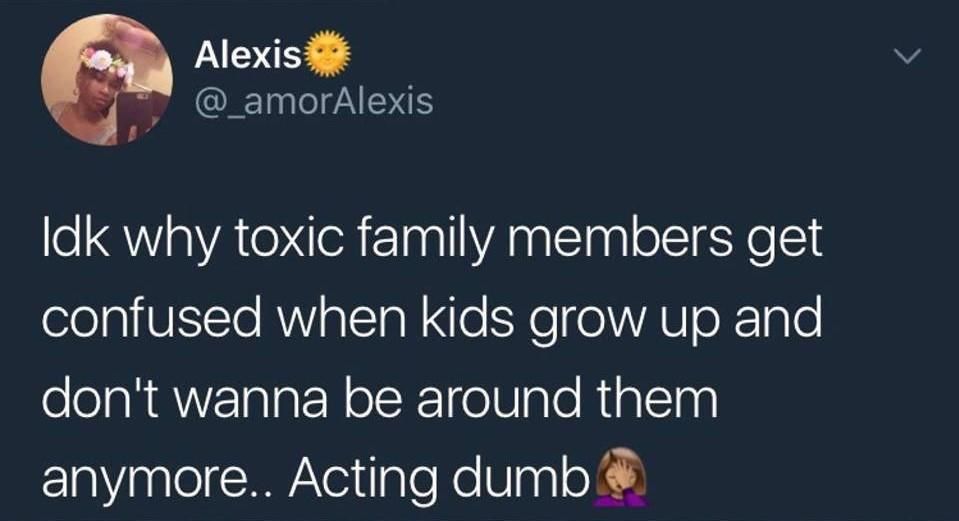 If someone hurts us and goes unpunished, we seem to allow this someone to continue to behave this way. To some extent, we “help” him to become even worse. nine0003
If someone hurts us and goes unpunished, we seem to allow this someone to continue to behave this way. To some extent, we “help” him to become even worse. nine0003
We have every right to distance ourselves from people who seek to control us, humiliate us, or hurt us emotionally. Breaking up with them is not just love for ourselves: it is also the best manifestation of our love for them. If toxic relatives treat us horribly, it is only logical and fair that they do not deserve to be a part of our lives. Whether they want to use the opportunity given to them to learn, repent, humble, change, or apologize is none of our business. We must love ourselves and take care of ourselves - do it for our toxic relatives. I know from experience that sometimes the best way to love someone is to leave them alone. nine0003
To find out who we really are, we need to get rid of toxic relationships and discard the idea that we are unworthy of love
It is very important to understand when it is time to let go of a person. It's amazing how many of us cling to something with all our might, even though we know how much better we'd be without it. We seem to be afraid of losing what we don't even have. We convince ourselves that it is better to have something than nothing at all. In fact, sometimes having "half of something" is worse. When we have "half of something", it's as if we turn on the green and red traffic lights at the same time. We can neither move nor stand, so it just gets stuck somewhere in between. "Half of something" means the hope that if we hold on to that half long enough, we can get the whole thing. May be. Some day. nine0003
It's amazing how many of us cling to something with all our might, even though we know how much better we'd be without it. We seem to be afraid of losing what we don't even have. We convince ourselves that it is better to have something than nothing at all. In fact, sometimes having "half of something" is worse. When we have "half of something", it's as if we turn on the green and red traffic lights at the same time. We can neither move nor stand, so it just gets stuck somewhere in between. "Half of something" means the hope that if we hold on to that half long enough, we can get the whole thing. May be. Some day. nine0003
But such a "half-hearted" world is not a world of love, not a world of support, not a world in which we can feel loved or important. We will always feel that we are not good enough and unworthy. We will have to audition for the Love Me Toxic Family competition over and over again and fail over and over again. We will have to fight our own low self-esteem and a deep conviction that everyone considers us superfluous. All this, of course, prevents us from seeing the truth. To find out who we really are, we need to get rid of toxic relationships and discard the idea that we are unworthy of love. nine0003
All this, of course, prevents us from seeing the truth. To find out who we really are, we need to get rid of toxic relationships and discard the idea that we are unworthy of love. nine0003
When it comes to breaking up with our toxic relatives, there are several options. From my own experience and from working with others, I know that it is necessary to try them all. In this case, the decision to break off contacts will be easier to accept: we will see that toxic people in our lives simply leave us no choice.
The first step to limiting a toxic relationship is the option of heart contact. Under him, in dealing with toxic relatives, we follow the saying "Fake it until it really works." You have to be careful not to be too frank. Both conversations and emotions should be superficial, positive, pleasant, and mostly focused on the relatives themselves. Since they really like to think that the whole world revolves around them, you can take advantage of this and prevent unwanted developments - at least as far as possible.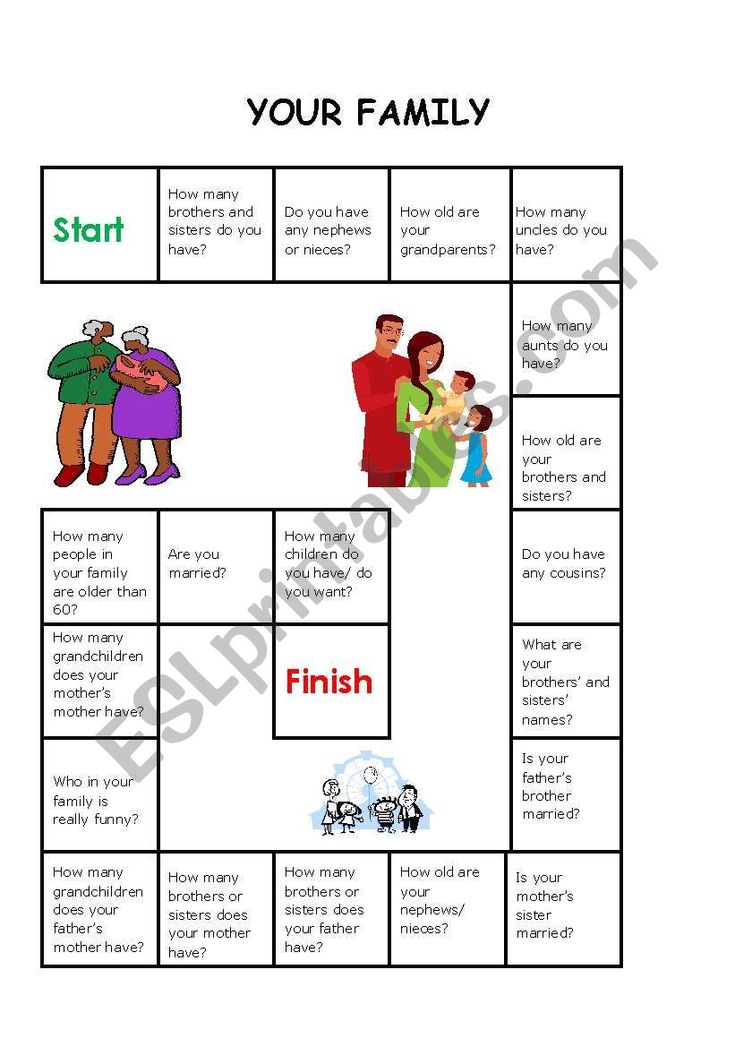 nine0003
nine0003
Realizing that this is only a tactic, we also avoid self-flagellation - we do not scold ourselves for giving in to toxic family members, if only they would be pleased. Heart contact can work, at least in the short term. The problem is that our manipulative relatives do not like too peaceful and warm environments, so they will most likely find some way to annoy us anyway, so that we lose control of ourselves and fall into their trap again.
When we move away from toxic relatives, their behavior becomes even more demanding and outrageous
Another option is relationships with toxic relatives that involve infrequent contact. In this case, we see or talk to them only at common family gatherings or major events, and the rest of the time we try to avoid them with all our might. This option may also work for some time. However, our family members will quickly understand what is wrong and will try to do everything to forcibly enter our lives again.
I tried both of these options with my toxic relatives, and while we lived in different states, it worked. But as soon as we met, manipulations immediately began. And without having time to blink an eye, I was already starting to make excuses, and they began to behave as if I were the worst person in the whole world. nine0003
When we move away from toxic relatives, their behavior becomes even more demanding and outrageous. They will turn even small disagreements into a whole battle to make us once again think that something is wrong with us.
When our toxic family members realize that we have withdrawn or are trying to withdraw from them, they increase their manipulation, as they have no respect for our personal space. They are, to put it mildly, not interested in us being able to rationally consider our relationship with them. After all, otherwise we will bring them to clean water, and they will lose.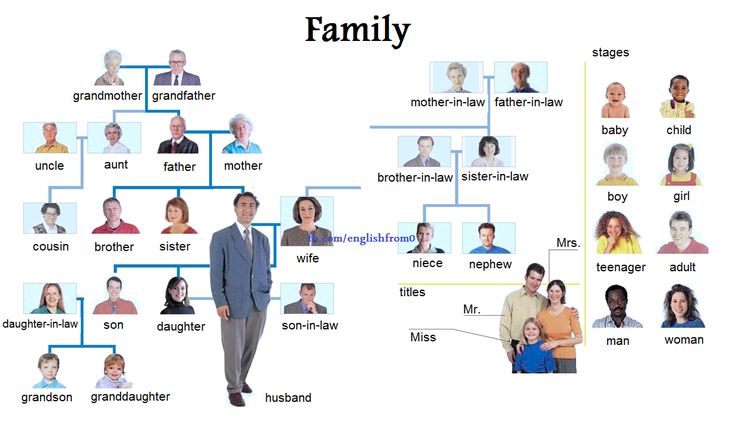 For this reason, our toxic relatives really do not like being in the "gray zone". They have no idea how to behave in this case. They prefer to be either very close or very far away. And when they notice that this “gray zone” has arisen between us, they usually break off relations themselves. nine0003
For this reason, our toxic relatives really do not like being in the "gray zone". They have no idea how to behave in this case. They prefer to be either very close or very far away. And when they notice that this “gray zone” has arisen between us, they usually break off relations themselves. nine0003
When we realize that in relationships with toxic relatives, the only possible way out is to cut contact, we find ourselves on the verge of a very difficult, liberating, but at the same time deeply painful decision. If we've come to this, then we've endured more violence than we deserved—if we deserved at all. You need to understand that toxic relatives pushed us to break off contacts. We shouldn't feel guilty if we choose to just protect ourselves. nine0003
Don't forget, our family members don't feel any guilt. They never felt sorry for hurting us. We have every right to protect ourselves from those who manipulate us and subject us to emotional abuse.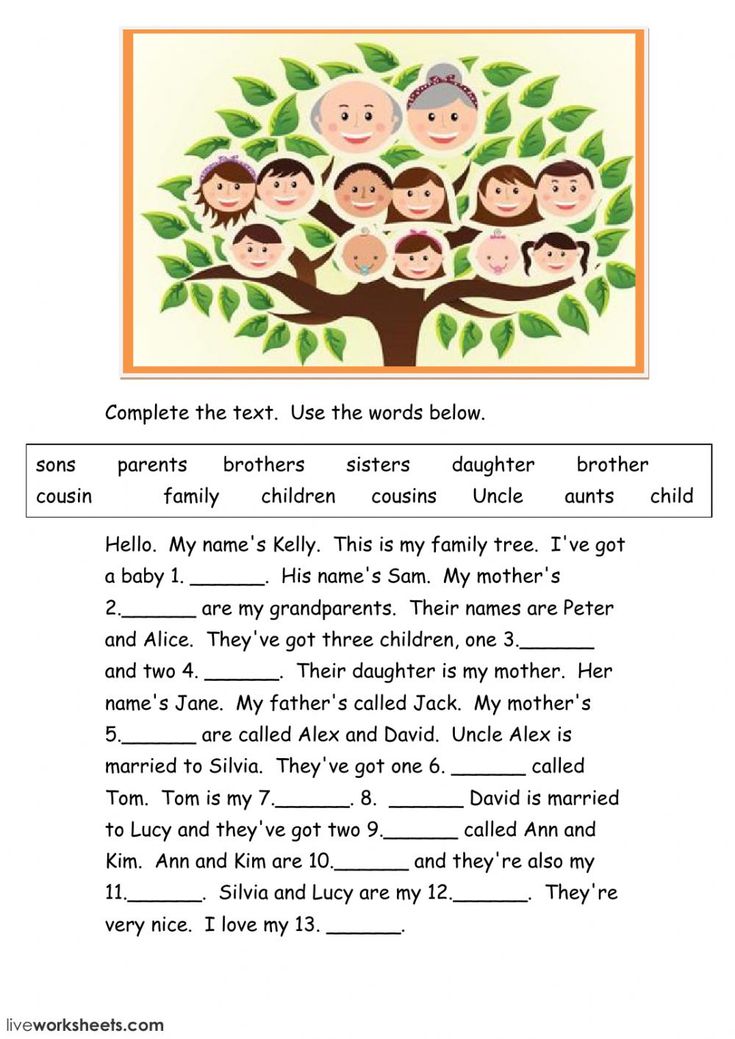 We once loved our toxic relatives and wanted more than anything to have them in our lives. But too often we have had to sacrifice our happiness in order to make them happy, to remain silent when we desperately wanted to speak out, and to do what they say, because it was easier than to endure their tantrums. We must understand that toxic relatives themselves led us to the door that we decided to close in front of them. nine0003
We once loved our toxic relatives and wanted more than anything to have them in our lives. But too often we have had to sacrifice our happiness in order to make them happy, to remain silent when we desperately wanted to speak out, and to do what they say, because it was easier than to endure their tantrums. We must understand that toxic relatives themselves led us to the door that we decided to close in front of them. nine0003
This decision can be considered imposed rather than voluntary. It also causes a lot of confusion for us, because we are taught to believe that breaking off relations with relatives is a very bad thing to do. But toxic family members are just people, and not always healthy people. In fact, if we were not bound by ties of kinship, we would never have accepted such people into our lives voluntarily. Believing in the ideals of the family, we spend many years sacrificing our mental and emotional health, sincerely believing that we are obliged to do so, because these people are our family.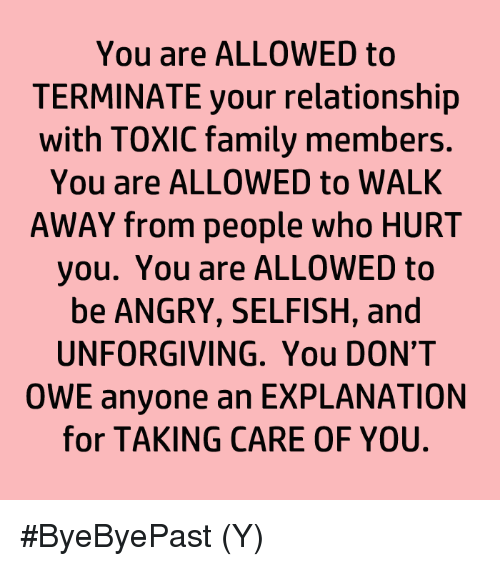 We are told that if we break off relations with them, then we are bad. And no one wants to consider themselves bad. nine0003
We are told that if we break off relations with them, then we are bad. And no one wants to consider themselves bad. nine0003
We have every right to protect ourselves from those who manipulate us and emotionally abuse us
But before you do that, I recommend building an ecosystem of love and support around you to make sure you don't end up alone . You must be prepared for the reactions of toxic family members. They will most likely do everything they can to isolate you, try to pull the rug out from under you and turn those who support you against you. If a smear campaign has begun, do not comment on anything and do not try to counteract. Let her pass. The more you resist slander, the bigger the rumors and lies become, and the crazier you look from the outside. Our toxic relatives vilify us for one reason only: they want to deprive us of the support we need and deserve. They will do everything to make our fall as hard as possible and no one will support our decision. nine0003
nine0003
Our toxic relatives only want us to go in one direction: back to them. The intention behind this desire is very painful and even frightening: our relatives will try to take full advantage of this opportunity to inflict maximum pain on us. But it is worth remembering that they do not want their secrets to come out into the light of day, and especially they do not want to lose the power that allows them to control our lives and completely dominate it.
Their behavior seems unthinkable to us. It is incredibly cruel and manipulative. But you need to remember: only insecure, toxic people will react this way. This reaction causes us pain and fear, but for toxic people it is second nature. They simply cannot experience healthy love because they themselves are unhealthy. nine0003
If we want to stay healthy, then we must be prepared for the fact that, having broken off relations with toxic relatives, we will simultaneously break off those who connect us with them. We must treat this normally, as a collateral loss.
We must treat this normally, as a collateral loss.
If we hang on long enough, the toxic family members will eventually subside and their slander and tales of how they were victims of our cruelty will gradually fade away. When everything calms down, our anxiety will decrease and we will feel peace and freedom like we have never felt before. The further we move away from toxic relatives, the less we can imagine that we will ever want to return. Time spent without them and personal space help us find a new point of view. And we also begin to thank ourselves for the fact that we still found enough strength and love for ourselves to get rid of the chaos in our lives. nine0003
Cover : MIF
Other articles on topics
Plot
What Read
Other
What Readers
90,000 Rupers of Relations, Causions and Possible Pluses- CRISTING RO
- BBC Future
Sign up for our 'Context' newsletter to keep you up to date.
Image copyright BBC/Getty
Being a stranger to your family happens more often than you might think. For society, such relationships are often like a stigma. However, according to psychologists, sometimes life away from your loved ones is much healthier, and sometimes it's the only way out.
Nanditi Godbole had a breakup with the rest of her wealthy Indian family over... food.
Godbole writes books on how to cook, but her relatives, who are used to hiring a cook to cook, consider her passion unworthy. And when her last book came out, in which Godbole delved into the history of her family, the discord became even more pronounced. nine0003
Relatives felt that by telling about what outsiders should not know, Godbole went against the traditional family hierarchy. Some even stopped talking to her.
This story, of course, is unique in its own way, but what Nanditi Godbole experienced because of the break in relations with her family is not at all uncommon.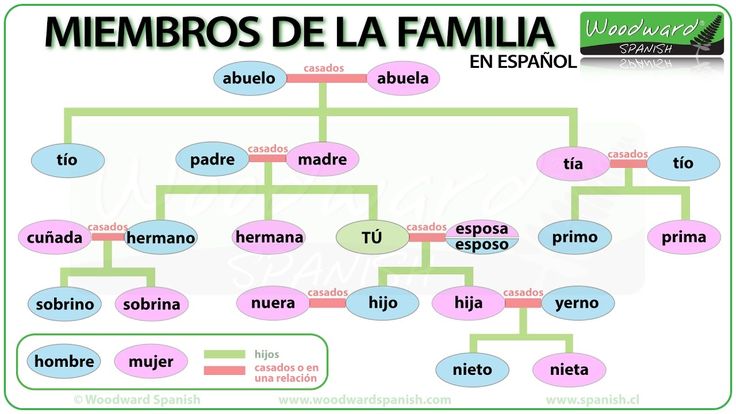
Family alienation can be described as alienation and loss of attachment that deepens over the years (or even decades) within the same family.
At the same time, it is not always possible to understand in which direction the situation is developing - towards deterioration or improvement. For scientists, this is a relatively new area of research.
But this phenomenon is very common. For example, the British charity Stand Alone, which provides support to those people who suffer from a broken relationship with loved ones, believes that this happens in one out of every five families in the United Kingdom.
Photo credit, BBC/Getty
Photo caption,The topic of discord with loved ones is now discussed much more often than in previous years
Skip the Podcast and continue reading.
Podcast
What was that?
We quickly, simply and clearly explain what happened, why it's important and what's next.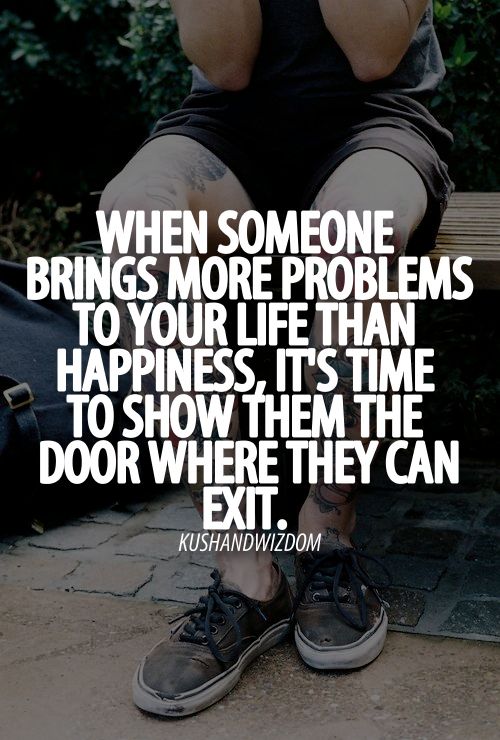
episodes
The End of the Story Podcast
An American study found that out of more than 2,000 mother-child couples, 10% of mothers are in a situation of alienation with their adult daughter or son. nine0003
Another study (also in the US) found that more than 40% of participants experienced alienation within their families at some point in their lives. Moreover, in certain social groups, this is almost as common as divorce.
Stand Alone founder Becca Bland (who has her own experience of living at odds with loved ones, she does not communicate with her parents) notes that this topic is now being discussed much more widely than before - even five years ago.
This is confirmed by Google Trends query statistics: people are increasingly entering words in the search box that describe the situation of alienation - this happens primarily among users in Canada, Australia and Singapore.
Bland believes that Meghan Markle helped this to a large extent when she entered the British royal family.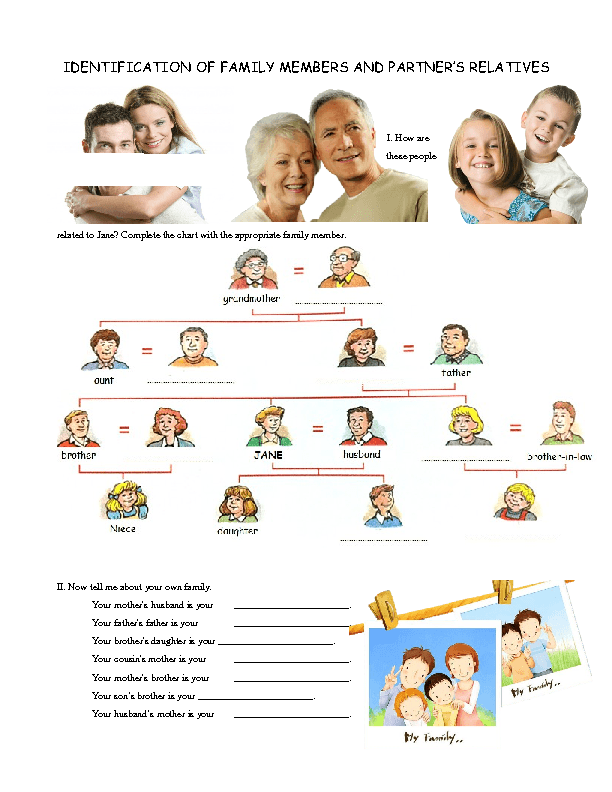
Prince Harry's wife, the Duchess of Sussex, who ranked first in British Google searches in 2018 (and second in the US), spurred public interest in intra-family conflict situations due to her difficult relationship with her father. nine0003
- How breaking up a relationship will affect your personality
- How life in marriage changes your personality the same interest was received by the recognition in an interview in 2018 of the famous actor Anthony Hopkins, in which he said that for 20 years he had hardly spoken to his daughter.
Such details from the life of celebrities, as a rule, help ordinary people to digest their own difficult life experiences and try to explain it to themselves. nine0003
Although examples of alienation can be found in any country in the world, it is more common in a certain type of society or state.
One of the determining factors is how much support the government provides to citizens.
 In countries with a developed welfare system, people simply do not need strong family ties and the help of relatives to such an extent. And so they have a choice - whether to maintain a relationship with one or another family member.
In countries with a developed welfare system, people simply do not need strong family ties and the help of relatives to such an extent. And so they have a choice - whether to maintain a relationship with one or another family member. For example, in Europe, the farther to the south, the more parents and adult children tend to have close relationships, since in the countries of southern Europe state assistance is scarcer. nine0003
Image copyright, BBC/Getty
Image caption,The out-of-family phenomenon is more common in countries with well-developed welfare systems
Financial factors intersect with others, such as race or education. For example, in Germany, the higher level of education of older children often goes hand in hand with a higher level of conflict with parents.
It is assumed that family members who have received a good education are usually more mobile geographically and need each other less financially.
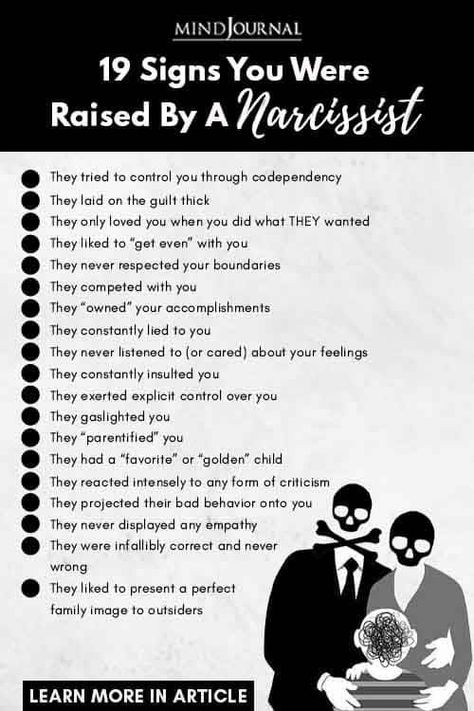 nine0003
nine0003 A study by Megan Gilligan and her colleagues on conflicts in American families over family care showed differences in the experience of adult children depending on race.
However, isolating the influence of culture or class can be difficult. Gilligan, a gerontologist at Iowa State University, notes that in the US, ethnic minorities tend to rely more on the support of family members.
In Uganda, where in recent times it was important to stick to each other, to keep in touch with one another, to survive, family alienation is rearing its head, says Steven Vandera, a demographer at Makerere University in Kampala. nine0003
A recent study by Wandera and colleagues found that 9% of Ugandans aged 50 and over live alone. For this African country - a surprisingly high figure.
Of course, this is not exactly the same as alienation. But as families become smaller, more nuclear, and urbanization increases, the percentage of Ugandans living in constant conflict with relatives will rise, Wandera says.

This will not happen quickly. "Cultural norms are still strong and it will take time until they weaken," he stresses. But, in his opinion, in 20 years everything will change. nine0003
Image copyright, BBC/Getty
Image caption,As families become smaller and more urbanized, the phenomenon of exclusion will become more common
This, of course, does not mean that governments should reduce financial assistance for the elderly people to force families to maintain strong ties.
Let's say that Spanish family culture has always been considered more "compulsory" than, for example, Norwegian, where intergenerational relations are usually more friendly, because they are chosen voluntarily, and not for financial reasons. nine0003
Why this happens
The reason for the loss of family ties is often the divorce of parents - and in such cases, the relationship with the father suffers especially.
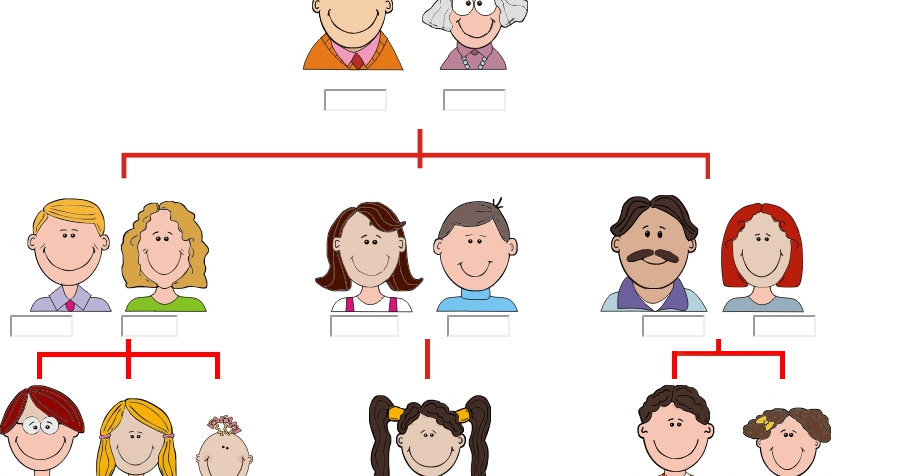
A common reason is also a broken relationship with a relative belonging to a marginalized minority (sexual, religious, etc.).
But quite often such a break occurs calmly and without much drama. As Gilligan explains, it usually happens gradually, rather than due to any one major event. nine0003
The people she interviewed often said, "I can't say exactly how it happened."
Image copyright, BBC/Getty
Image caption,Often, the breakup between close relatives is gradual and reflects long-standing tension in a relationship.
Those families whose members would like to restore relations, reconcile, should be aware that their conflict is unlikely to be the result of an isolated incident. They will have to study their own past more closely. nine0003
For those who want to reconcile or prevent alienation, we can recommend: do not rush to condemn the other.
Gilligan's study, which involved mothers, 10% of whom lived without contact with their adult children, showed that the most important factor in their alienation from each other was a mismatch of values.

For example, "if a mother valued her religious beliefs and practices, and the child openly disregarded them, the mother found it really offensive," says Gilligan. nine0003
Of course, this is not only about religion. Another mother, who highly valued truthfulness, broke off relations with her deceitful son. Another woman who placed great importance on her own independence stopped talking to her daughter, who seemed to her mother to be too dependent on a man.
Image copyright, BBC/Getty
Image caption,Growing up children often recall emotional tyranny in the home, but their parents rarely talk about it norms - say, if a child committed a crime. nine0003
Moreover, according to the study, common values were more important for mothers than for fathers. Mothers just couldn't get over it.
Well, as often happens, the parties (parents and children) gave completely different interpretations of the same situation.
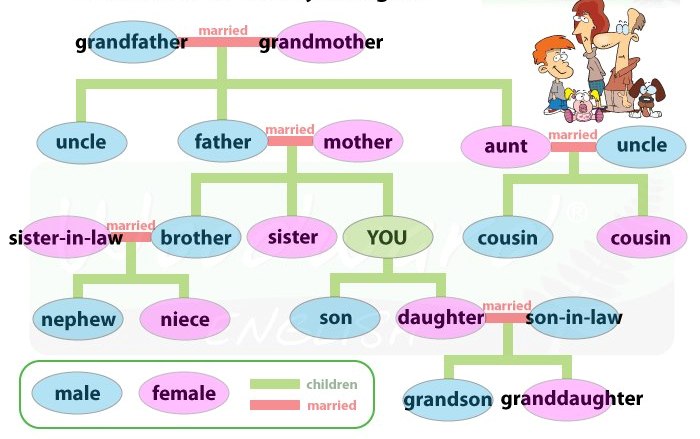
In the UK, adult children, for example, most often mentioned emotional hurts that led to a break with their parents - about constant attempts to control through humiliation, criticism, etc.
But parents were much more likely to talk about things like divorce or mismatched expectations. nine0003
"An adult child and his mother usually don't talk to each other about what makes them sad, so I think they are on different pages of understanding the same situation," she says.
Well, naturally, if one of them takes a defensive position and does not want to listen to the other, then these two people are not able to explain something to each other.
Bland this seems to be the result of generations having completely different conceptions of family life.
Image copyright, BBC/Getty
Image caption,Different generations have different ideas about what a family should be like
According to her, in post-war Britain there was a very conservative idea of what a family should be like.
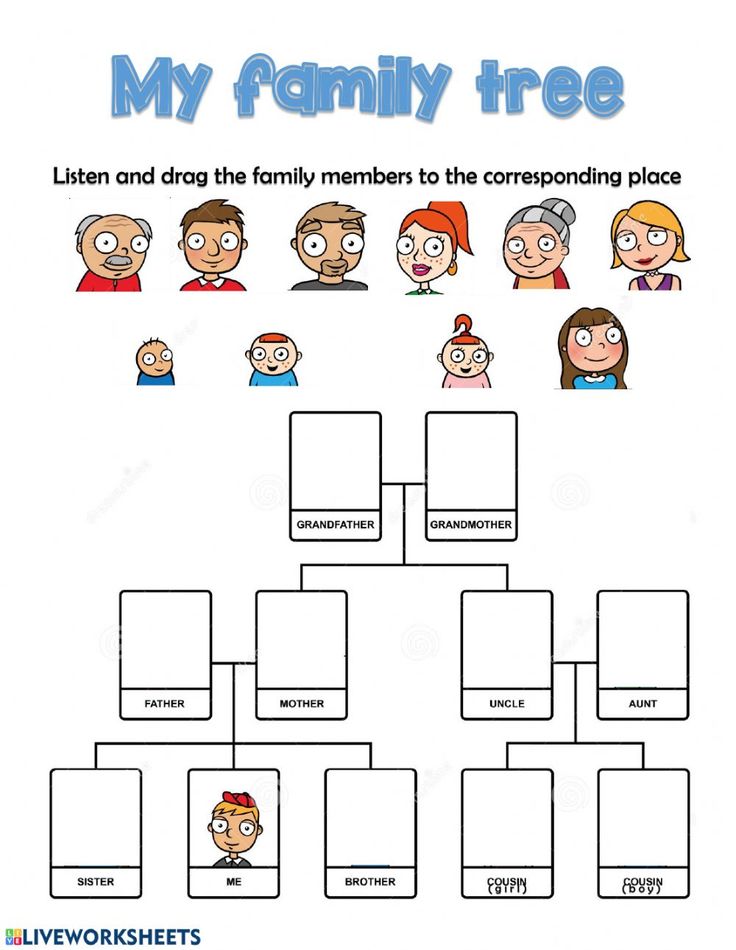 People used to think of family life in terms of duty and self-sacrifice, which sometimes led them to put up with emotional and even physical abuse.
People used to think of family life in terms of duty and self-sacrifice, which sometimes led them to put up with emotional and even physical abuse. For children of that generation, the mismatch of values or expectations also plays a role. And another important factor is parental favoritism. nine0003
Positive aspects of alienation
But everything is not so simple. Just as traditional taboos regarding divorce have kept women in violent and exploitative marriages, so a dogmatic belief in the permanence and sacredness of the family can mean unnecessarily suffering for someone.
As Gilligan points out, "If relations between relatives are full of conflict, if they cause such suffering, then perhaps the best way out for both parents and their grown children is to break off these relations." nine0003
And people understand this. According to Stand Alone, for more than 80% of people who choose to break up with loved ones, this is associated with at least a few positive things - such as freedom and independence.
 It's a way to overcome the past.
It's a way to overcome the past. It is also important to note that the break is not necessarily permanent. People can restore relationships, get closer again.
And conflicts do not always arise immediately with all other family members.
For example, in Vietnamese families, despite the fact that LGBT or transgender affiliation is unacceptable for parents, brothers and sisters are much more tolerant of this.
Alienation in the family is also painful because it is not clear how long it will last and whether it will end at all.
Photo credit, BBC/Getty
Photo caption,For more than 80% of respondents, the breakup of a relationship was associated with newfound freedom and independence in the eyes of society," Gilligan said. nine0003
For example, in an article in an online publication for pensioners, the author blames alienation on individualism, divorce, psychotherapy, and the "immaturity of children.
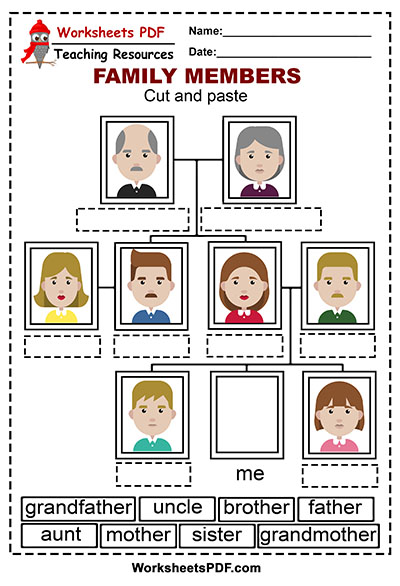 "
" And even psychotherapists often blame their patients for not communicating with one of their close relatives. Women are especially easily ostracized for this. Some people even have to minimize their social contacts, just to keep others from their family problems.
But, as experts emphasize, people who are already isolated from their families should not be driven into a corner, aggravating the situation. nine0003
Another aspect: from the point of view of scientists, such ostracism makes it difficult to understand how many people are actually alienated from their families.
This is especially difficult to find out in those countries and cultures where it is considered unacceptable to discuss family conflicts.
The author of books about tasty and healthy food, Nanditi Godbole, knows all this very well. "I've come to terms with the fact that people will take time to reconnect with me. And some may never do it," she says.
